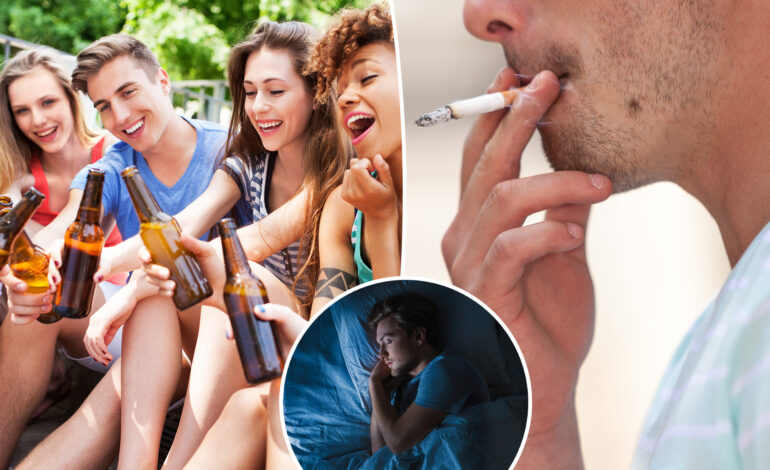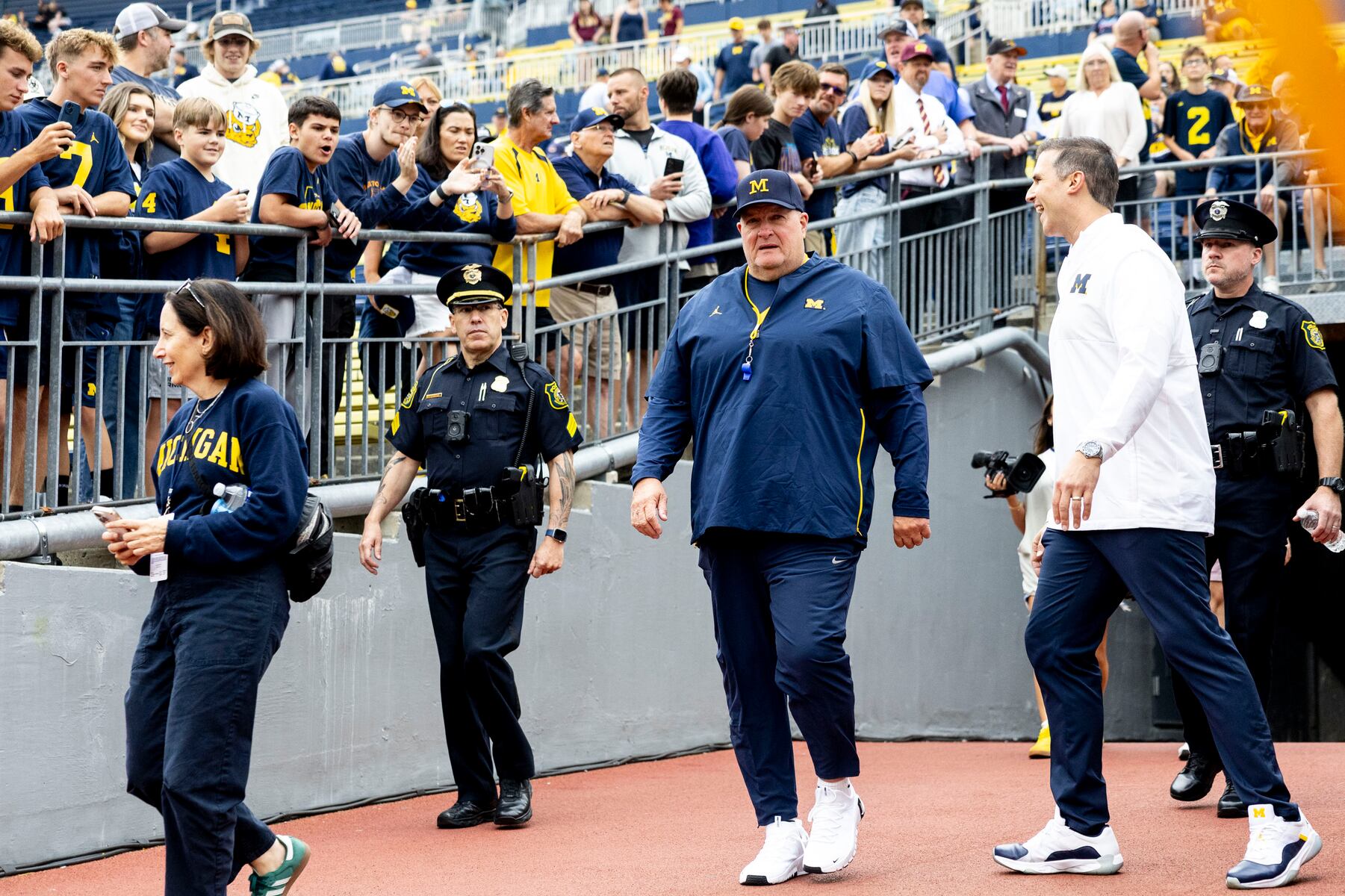New Research Reveals ‘Social Apnea’ Linked to Weekend Habits

Recent research has identified a newly recognized sleep disorder termed “social apnea,” which may be exacerbated by weekend habits. A team from Flinders University in Australia discovered that younger adults, particularly those under 60, are more than three times as likely to experience this phenomenon compared to older individuals. The study highlights the impact of lifestyle choices, such as increased alcohol and tobacco consumption, on sleep quality and health.
The findings indicate that obstructive sleep apnea (OSA), the most prevalent sleep-related breathing disorder, becomes significantly worse during weekends. This condition occurs when the throat and tongue muscles relax during sleep, obstructing the airway and causing interruptions in breathing. According to the American Academy of Sleep Medicine, approximately 30 million Americans suffer from OSA, but around 80% remain undiagnosed. Untreated OSA can lead to severe health complications, including heart disease, stroke, and cognitive decline.
Understanding the Weekend Effect
The study analyzed data from over 70,000 participants worldwide, revealing that individuals are 18% more likely to experience moderate to severe OSA on weekends compared to weekdays. Dr. Lucia Pinilla, the lead author of the study, emphasized the importance of recognizing “social apnea,” stating, “Sleep apnea is already a major public health issue, but our findings suggest its true impact may be underestimated.”
Several factors contribute to the increase in OSA severity over the weekend. Researchers have identified lifestyle habits, such as heightened smoking and drinking, which typically peak as the workweek concludes. Alcohol acts as a relaxant, intensifying the risk of airway collapse during sleep, while smoking causes inflammation, further narrowing the airways.
The study’s results show that men are 21% more likely to suffer from severe OSA on weekends, while women see a 9% increase. Adults under 60 face a striking 24% rise in weekend OSA severity, in contrast to a mere 7% among those older than 60.
The Role of Sleep Patterns
Inconsistent sleep patterns also play a crucial role in exacerbating OSA symptoms. Described as “social jetlag,” sleeping in or staying up late is associated with a 55% increase in the likelihood of experiencing worse OSA on weekends. The research indicates that even an additional 45 minutes of sleep on the weekend can elevate OSA severity by 47%. This is likely due to the fact that OSA symptoms tend to worsen during REM sleep, which increases with longer sleep durations.
Additionally, many individuals struggle with the consistent use of Continuous Positive Airway Pressure (CPAP) machines, the primary treatment for OSA. While CPAP therapy is effective in improving sleep quality and overall health, it requires regular use of at least four hours a night on 70% of nights each month. Unfortunately, many younger adults are more likely to forgo CPAP usage on weekends, undermining the effectiveness of the treatment.
Danny Eckert, the senior author of the study and director of FHMRI Sleep Health, stated that this research marks the first clear evidence of increased OSA severity on weekends. He underscored the necessity for more thorough sleep assessments and personalized diagnostic tools, noting, “Relying on a single-night sleep study may miss important variations, leading to underdiagnosis or misclassification of OSA severity.”
To mitigate the effects of “social apnea,” researchers recommend maintaining a consistent sleep routine throughout the week, even during weekends. “Try to keep the same sleep schedule throughout the week and weekend, ensuring that you get the recommended 7-9 hours of sleep a night,” Eckert advised. Implementing a fixed wake-up time and adhering to prescribed OSA therapy can help individuals achieve restorative sleep and combat the weekend spike in OSA.






